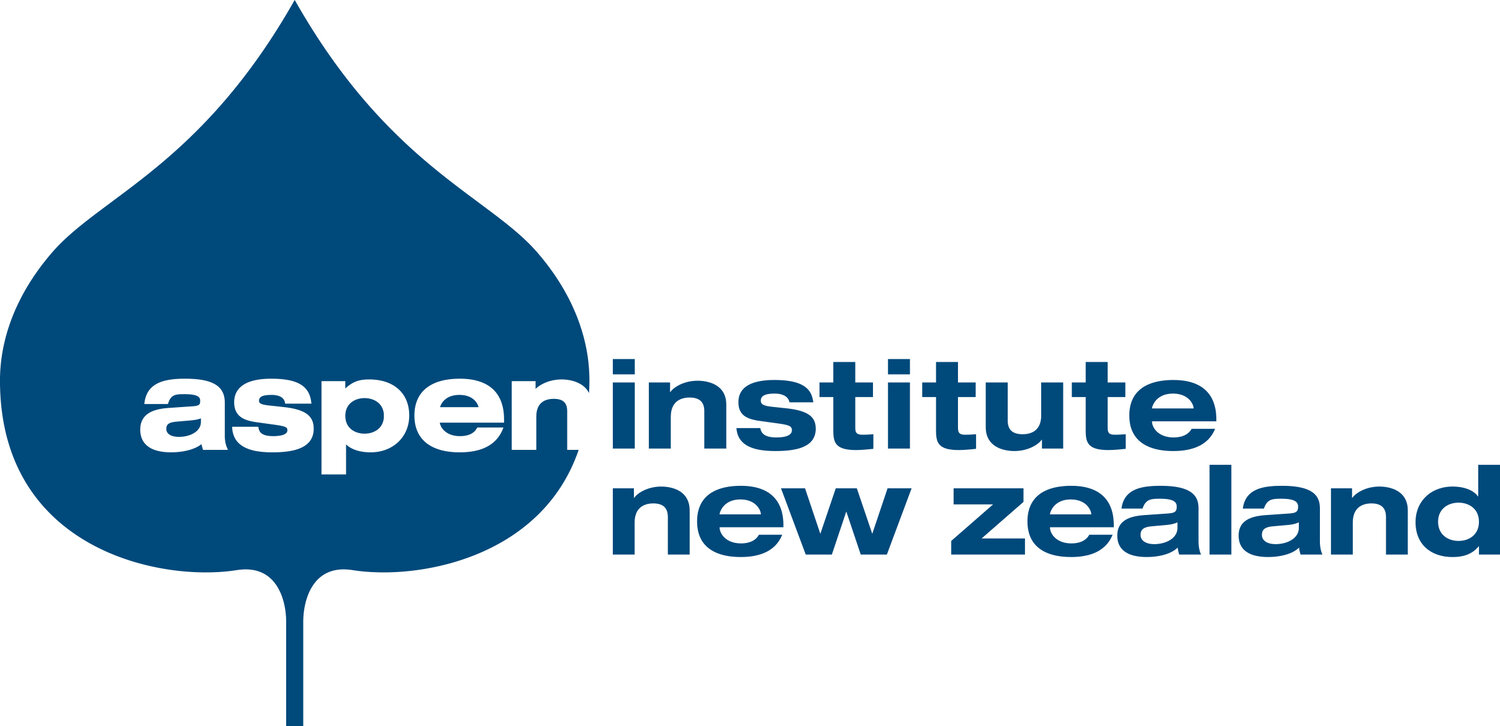Join us for the eighth seminar in the Future Challenges series Critical Thinking and Values-based Leadership on AI, Social Media, and Democratic Challenges.
Winston Churchill said:
“Democracy is the worst form of government, except for all the others that have been tried.”
Democracy is not neat, easy, or guaranteed. It is under assault around the world from old foes such as ignorance and dictatorships, and new foes such as digital media misinformation and AI bots. This seminar will examine the explosion of large language models such as ChatGPT, the difficulty of being able to discern what is true, and the value of social cohesion and governance.
While social media is often blamed for its amplification of misinformation and its polarising tendencies, it rarely gets credit for vastly increasing access to the accelerating corpus of human knowledge. Both qualities appear to be simultaneously true. Wikipedia, Google, and WolframAlpha make the power of what is known and self-correcting available for free. On the other hand, unchecked social media can spread lies and misinformation, throw elections, and contribute to social delusions and the madness of crowds. AI can be trained to augment democracy or scramble its foundations beyond recognition.
What are large language models like ChatGPT? How fast are they developing? How quickly are they being adopted? Do they know what they are talking about? Were the initial concerns addressed? Will they take our jobs or enhance our job performance? Will this technological revolution be different from the others? What could possibly go right - or wrong? Which perennial values are worth balancing in the mix?
How important is independent journalism to democracy? Is it just a quaint preference, or does it actually matter? What elements of independent journalism and democracy are currently threatened by social media and AI? What does it mean to run a media property in the age of social media and AI? What is the mix of benefits and threats?
What are the policy tradeoffs between the freedom to innovate and the need to regulate some aspects of these new technologies? Are we trying to avoid downside risks or capture competitive opportunities? If both, how? What have other countries like the EU and the US done so far to attempt regulation of social media and AI? What could NZ do differently to improve the mix of outcomes?
Democracy thrives in an environment that respects truth, competition for the best ideas, and freedom from coercion. It erodes when people are uneducated about its value, have difficulty determining what is true, and live in an atmosphere of conflict and distrust. This seminar includes seminal readings that illuminate these issues and provide a common ground for thoughtful and productive discussion.
This seminar will take place online in three 2.5-hour sessions over two days.
AI, Social Media, and Democratic Challenges Seminar
Tue 21 March - 9 am to 11:30 am and 1:30 pm to 4 pm
Wed 22 March, - 9 am to 11:30 am
Tuesday 21 March
Session 1: Evaluating Large Language Models (eg, ChatGPT) - Capabilities, Adoption, Social Risks and Benefits
Session 2: Current State of Independent Journalism and Democracy in the Age of Social Media and AI
Wed 22 Mar
Session 3: Democracy, Digital Media, and AI Policy Tradeoffs
With moderators expert in AI, critical thinking, digital media, journalism, and digital government policy:
· Neil Jacobstein - Chair AI & Robotics, Singularity U, Aspen NZ Director
· Sinead Boucher - CEO and owner STUFF Ltd
· Miriam Lips - Prof. Digital Government Victoria University of Wellington
These seminars bring together participants from business, education, government, and industry. Aspen’s approach is through curated readings and Socratic dialogue where the focus is on what the participants think. Absolutely no technical background is necessary to participate - just the ability to read, listen, and think critically. There is no need for agreement on a right answer or outcome - only the commitment to be civil and thoughtful.
Note: During the seminar, what you say will not be recorded or used for attribution.
The participation fee is $299+GST. Scholarships are available upon application.
Spaces are limited. Join us!
Neil Jacobstein - Chair AI & Robotics Singularity University
Neil is a founding faculty member and past President of Singularity. Neil has extensive AI system building and technical R&D consulting experience in industry and government. He was a MediaX Distinguished Visiting Scholar at Stanford University 2007-2022, where his work focused on augmented decision systems. Neil was appointed by the US National Academy of Sciences, Engineering, and Medicine to the Earth and Life Studies Committee, and worked on the Academy's 2021 Strategic Plan. He is a Henry Crown Fellow at the Aspen Institute US, and a founder and Board Director of the Aspen Institute in New Zealand. Neil was a Founding Editorial Board member and editor of the American Association for the Advancement of Science’s Science Robotics journal.Sinead Boucher - CEO and owner STUFF Ltd
Sinead Boucher is Chief Executive Officer and owner of Stuff Limited. Prior to becoming CEO, Sinead held the position of Group Executive Editor for four years. In this role she was responsible for NZ’s largest newsroom, a significant stable of newspapers and magazines, and the number one domestic website, Stuff. Her journey in management is complemented by many years as a frontline journalist, both in NZ and the UK at the Financial Times and Reuters.
Miriam Lips - Prof. Digital Government, Victoria University of Wellington
As Professor of Digital Government at Victoria University of Wellington's School of Government, Miriam leads a five-year research programme on 'Government and Democracy in the Digital Age'. Prior to relocating to New Zealand, she held academic positions at the University of Oxford and Tilburg University.


